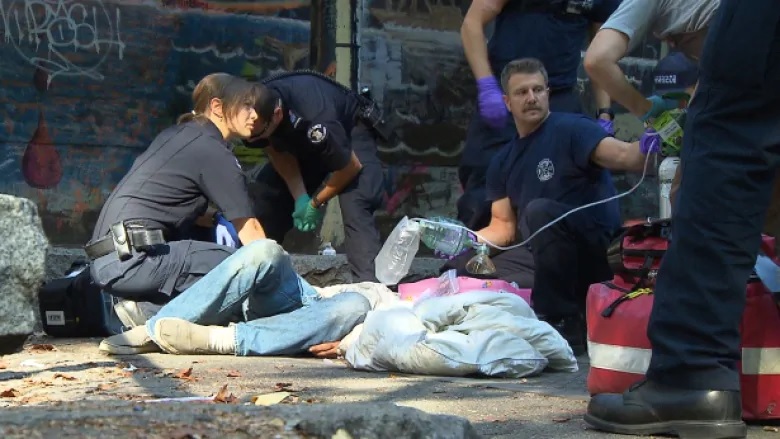This anniversary is particularly heartbreaking amidst the COVID-19 pandemic. The pandemic has incited catastrophic loss and tough times on people, but particularly those who use drugs.
“Thinking when we’re in this year of a global pandemic, the numbers of Canadians that have died of overdose have far surpassed those who have died of COVID-19 in Canada. I think really what’s needed is an immediate response with interventions to address both the toxic drug supply and really what is at the root of the issue, which is bad drug policy,” says Cheyenne Johnson, the Executive Director of the BC Centre for Substance Use.
The need for social distancing has also limited the reach of overdose prevention services in how many people they can support at one time.
Furthermore, border closures due to the pandemic have escalated the overdose crisis because many of the supply chains used to illegally transport drugs have been deranged. This has increased toxicity and contamination in the supply which had led to fatal results.
Cheyenne Johnson suggested that the government’s role in this crisis can be boiled down to decriminalization laws. She stated, “We know that criminalizing people who use drugs does more harm and causes incredible amounts of harm in communities, and also it’s fuelling the overdose crisis.”
Guy Felicella, a Peer Clinical Advisor and recovery advocate, says 7,000 people have died drug-related deaths in the last five years.
He shared his sentiments stating, “That’s staggering. It’s not just 7,000 people. That’s 7,000 families, that’s communities, we’re talking the chain of events that this is impacted, and then rooted in shame and stigma, where it’s just as deadly as the drugs themselves, and our society is partly to blame because of it because of the way that we view substance use.”
He further shared that he thinks the same mistakes are being made in regards to this issue as the ones made during the HIV epidemic in the 90s.
BC will hold a press conference on the 14th to speak on the anniversary.


